Georgia: More Charges for Mikheil Saakashvili
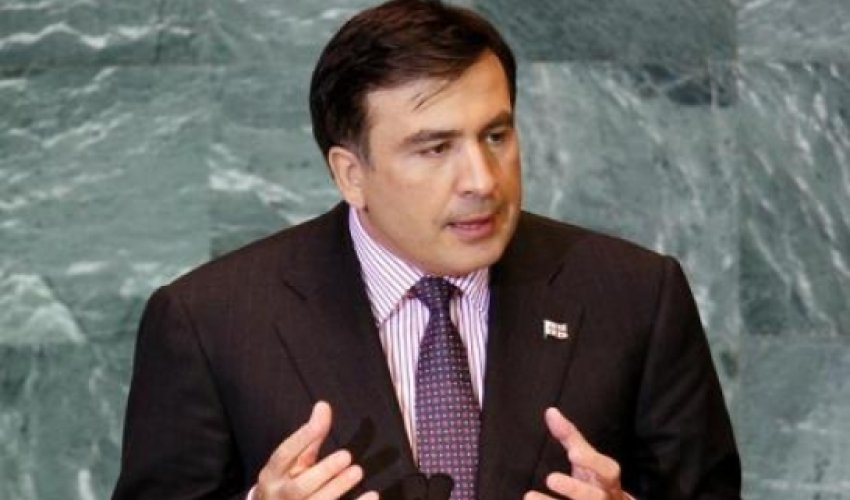
Already facing charges of abuse of power, Saakashvili now stands accused of allegedly ordering the beating of a businessman-lawmaker nine years ago. Valeri Gelashvili, at the time an opposition member of parliament, was severely thrashed in July 2005. The prosecutors allege that the masked men involved were special police officers acting on orders from Saakashvili and then Interior Minister Vano Merabishvili in retaliation for a newspaper interview in which Gelashvili accused Saakashvili of unlawfully seizing his property and made disparaging comments about the president’s private life.In 2005, however, the story was somewhat different. In an interview with EurasiaNet.org at the time, Gelashvili stated that the attack was related to some $2.19 million (4 million lari) that the government supposedly had owed for work his construction company, Evra, had done on Georgia’s new presidential palace.In comments to the press on August 5, Gelashvili described himself as “thankful” for these latest charges against Saakashvili, who has been sentenced to pre-trial detention in absentia. Merabishvili, who also has been indicted, already is doing time on other charges.The prosecutors’ statement contains no details about the corroborating evidence against either man.The charges, however, involve another colorful recurring character from political dramas past — ex-Defense Minister Irakli Okruashvili, now a hardcore Misha-foe. Prosecutors allege that Saakashvili first asked Okruashvili to handle Gelashvili's pounding. He supposedly declined.Okruashvili chatted with prosecutors earlier this year — and about Saakashvili, he claimed — but whether the government’s case rests on his testimony is not known.Fuming from the safety of Hungary late last week, Saakashvili dismissed the accusations, and attributed them to the man seen as the current government’s godfather, ex-Prime Minister Bidzina Ivanishvili. The two men bitterly parted ways in 2011.Beyond the Saakashvili and Ivanishvili camps, perceptions of the prosecution’s end-game differ broadly. While the Misha-era was rife with alleged government-misdeeds, the history of enmity between Saakashvili and Ivanishvili makes many independent observers doubt the authorities’ motives.Popular Georgian blogger Giorgi Kikonishvili, a once ardent Saakashvili critic, argues that the government’s “restoration of justice” campaign has had very little to do with what many ordinary Georgians consider to be justice — namely, an improvement in their economic situation. “The current government may insist all it wants that it had been elected in to ‘restore justice,’ “ he wrote for the Netgazeti.ge news site. “The people, in fact, have very different problems; or perhaps the government and the people have a different concept of what is just.”Prosecutors have not displayed a similarly lively interest in more recent controversies, such as the 2013 mob attack in Tbilisi on an anti-homophobia rally; an action that led to no criminal charges, he noted.Writing for the Cargnegie Moscow Center's Eurasia Outlook, longtime Georgia watcher Tom de Waal believes the Georgian government faces a dilemma — on one hand, the need to address the roughly 20,000 complaints filed against the Saakashvili government, but, on the other, the need to avoid damaging Georgia’s international reputation.As have others, he recommended that Tbilisi put the past behind it. The same advice came last month from the EU, which has an increasing influence over Tbilisi after signature of an integration-deal this June.But, as yet, no sign that the government is inclined to listen. (eurasianet.org)Bakudaily.Az
























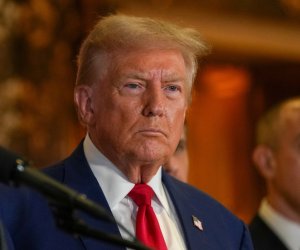
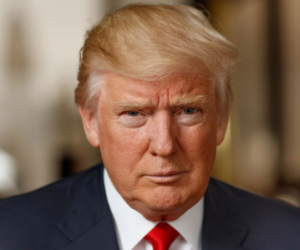
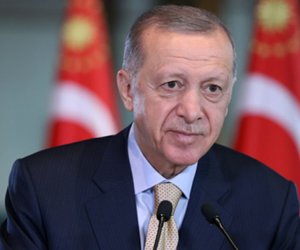
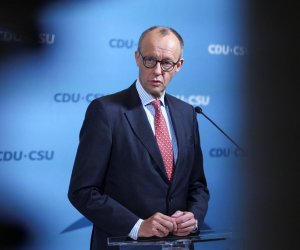


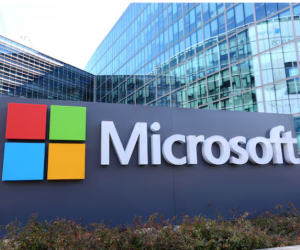

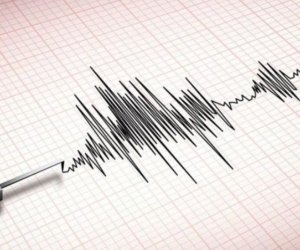



 Photo
Photo 



 Video
Video 

